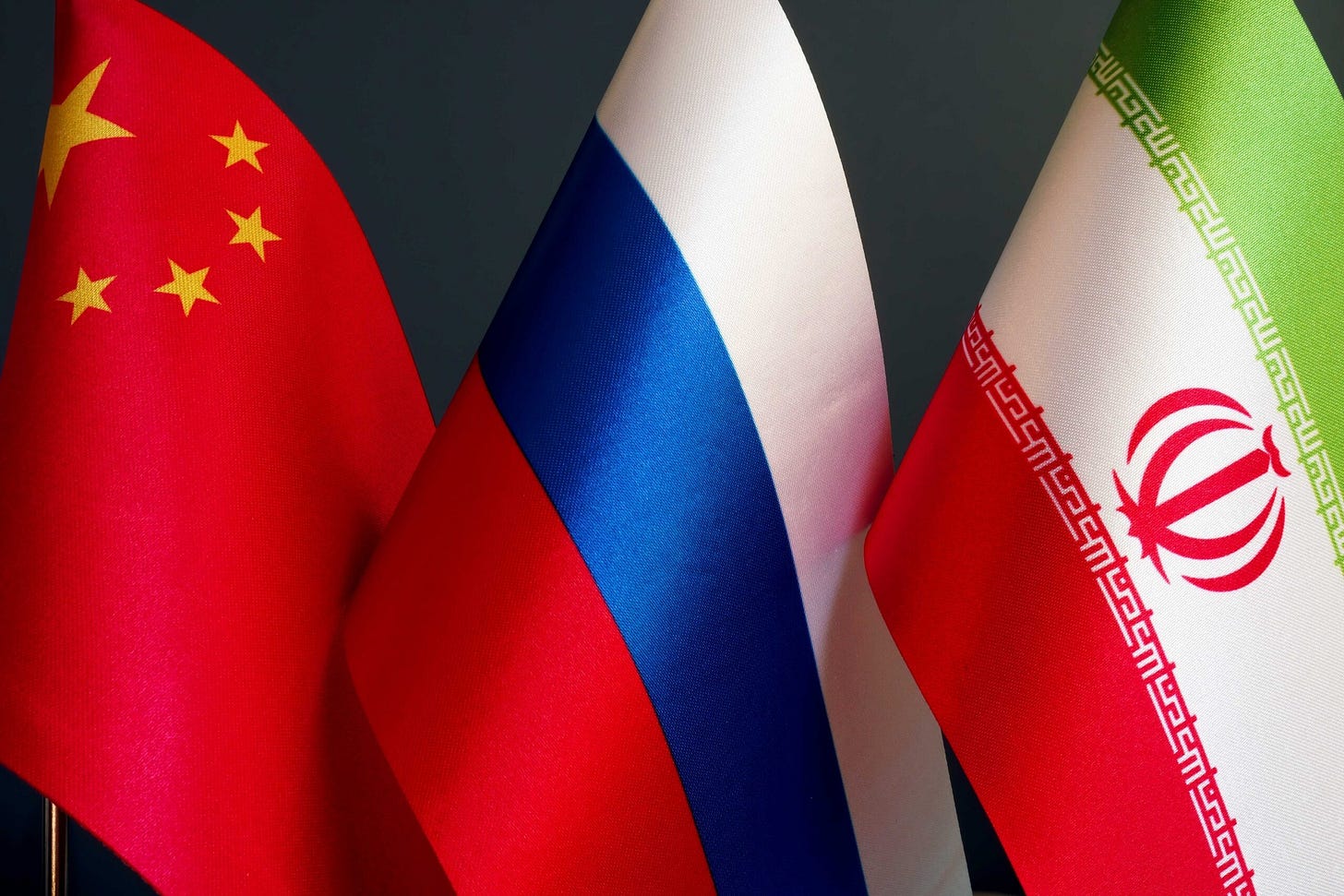Iran, Russia, China Send Joint Letter to IAEA Chief, Declare Resolution 2231 Fully Expired
Tehran denounces Western efforts to revive “snapback” sanctions as illegal; urges end to IAEA’s reporting under defunct resolution
Iran, PUREWILAYAH.COM — Iran’s Deputy Foreign Minister Kazem Gharibabadi announced that Iran, Russia, and China have sent a joint letter to Rafael Grossi, Director-General of the International Atomic Energy Agency (IAEA).
The letter asserts that UN Security Council Resolution 2231 — the legal framework linked to the 2015 nuclear agreement — has formally expired as of October 18.
Three Powers Unite Against Western Pressure
Gharibabadi explained that the letter follows a similar joint communication sent earlier by the three nations to the UN Secretary-General and the President of the Security Council, notifying them of the definitive termination of Resolution 2231.
The coordinated diplomatic effort, he said, was part of Tehran’s ongoing initiative to counter illegal Western maneuvers, particularly those of the United States, Britain, France, and Germany, which have sought to reactivate so-called “snapback” sanctions against Iran — a move that Tehran and its allies deem unlawful and politically motivated.
IAEA Oversight No Longer Valid under Expired Resolution
Gharibabadi emphasized that the joint letter also addresses the termination of the IAEA’s verification and monitoring obligations that were established under Resolution 2231 and the implementation of the JCPOA (Joint Comprehensive Plan of Action).
He noted that, according to the December 15, 2015 resolution of the IAEA Board of Governors, the agency’s verification and monitoring in Iran were to continue for a maximum of 10 years, or until the IAEA Director-General issued a “broader conclusion” report on Iran — whichever came first.
“Therefore,” Gharibabadi stated, “the related item is automatically removed from the IAEA’s agenda as of October 18, and no further action is required.”
A Rejection of Western Double Standards
The joint stance by Tehran, Moscow, and Beijing marks a significant challenge to the U.S.-led narrative that seeks to maintain pressure on Iran despite the legal expiration of the UN resolution.
The three countries underscored that the European attempt to invoke “snapback” sanctions has no legal basis and represents yet another example of the West’s selective use of international law.
This move is seen as a strategic alignment among Iran, Russia, and China against the unilateralism of the United States and its allies, reaffirming their support for a multipolar international order and a rules-based system not dictated by Washington. (PW)


